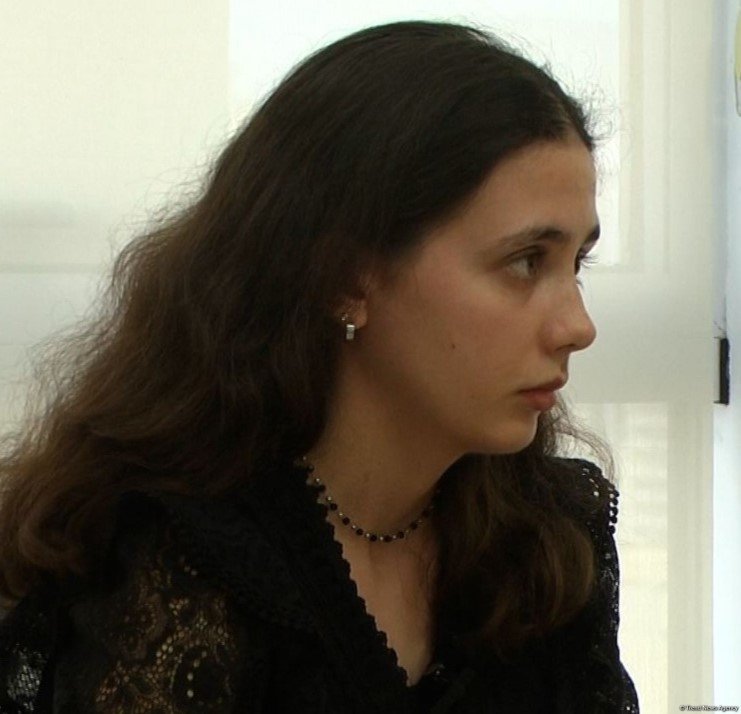BAKU, Azerbaijan, June 21. The EU acknowledges that the CASA-1000 project is crucial for increasing access to renewable energy and boosting electricity trade within Central and South Asia, Lead Spokesperson for Foreign Affairs and Security Policy of the European Commission Peter Stano told Trend.
“While the EU has currently no plans to provide funding to the CASA-1000 project, it recognizes its critical importance for expanding access to renewable energy and spurring electricity trade within and between Central and South Asia,” he said.
Stano pointed out that energy is a key priority for the EU in Tajikistan. It has been identified as a focus sector in the 2021–2027 Multi-Annual Indicative Program of the EU in Tajikistan.
“The first phase of the Multi-Annual Indicative Program 2021-2024 provides an envelope of 91 million euros, addressing all three priority areas of EU engagement in Tajikistan: inclusive green and digital economy, Human Development, Natural Resource Management, Efficiency, and Resilience. More particularly, programs were adopted in the fields of power sector reform and enhancing green power solutions, rural drinking water supply and sanitation, Technical and Vocational Education and Training (TVET), as well as, Employment and lastly, for a Green Transition through Cotton Value Chain,” he said.
Stano added that, more broadly, the EU is committed to helping Tajikistan reach middle-income status and become a more resilient neighbor to Afghanistan, vis-à-vis the pressures from Russia and China.
CASA-1000 is an infrastructure initiative aimed at transmitting 1,300 megawatts of surplus electricity from Central Asian countries, particularly Kyrgyzstan and Tajikistan, to meet the electricity demands in South Asian countries, specifically Afghanistan and Pakistan.
The project involves upgrading the electrical grids in these participating nations through the construction of new substations and high-voltage power transmission lines.






